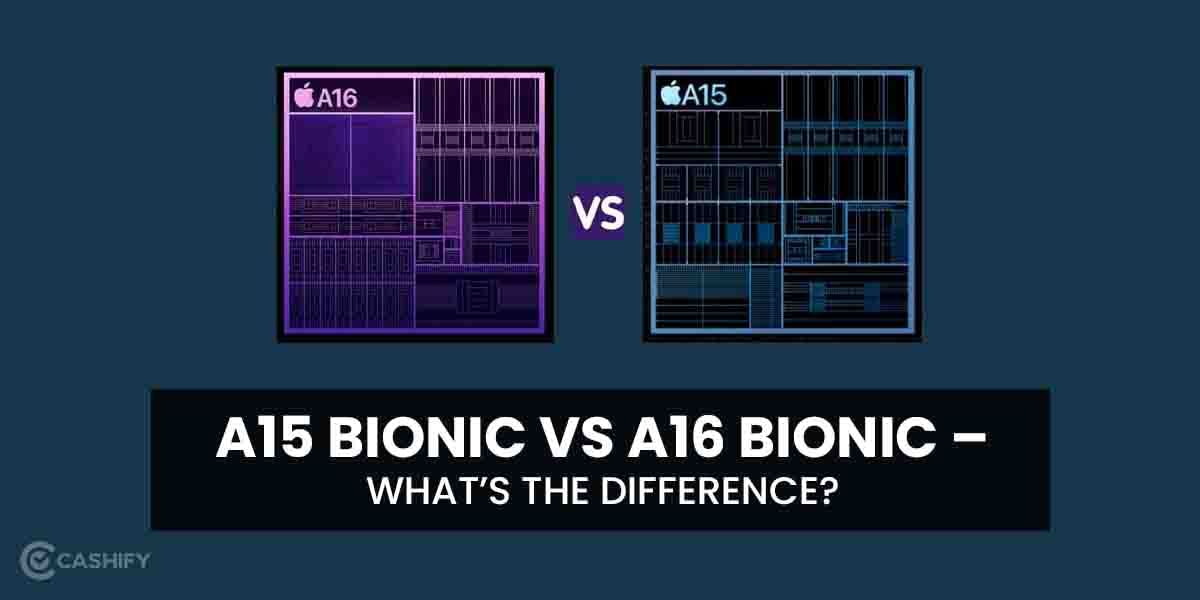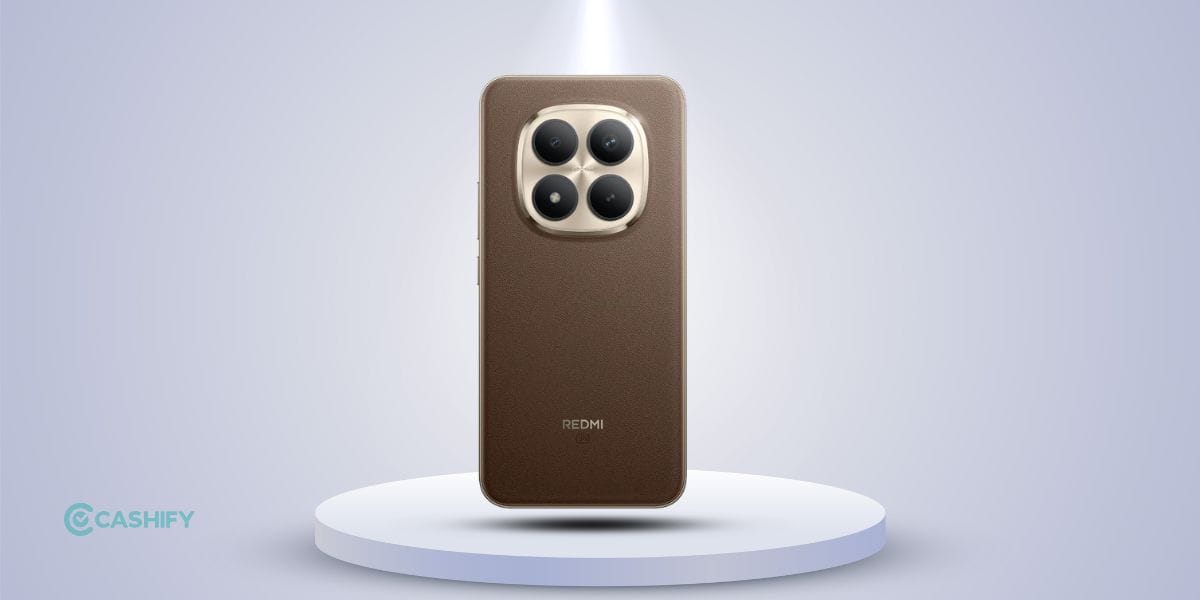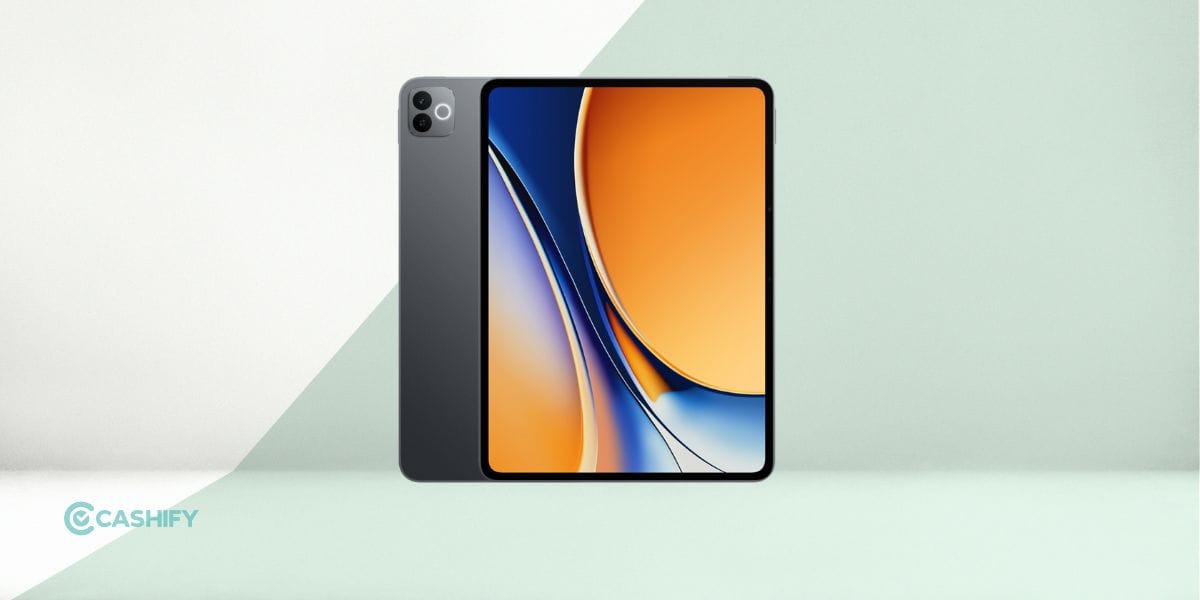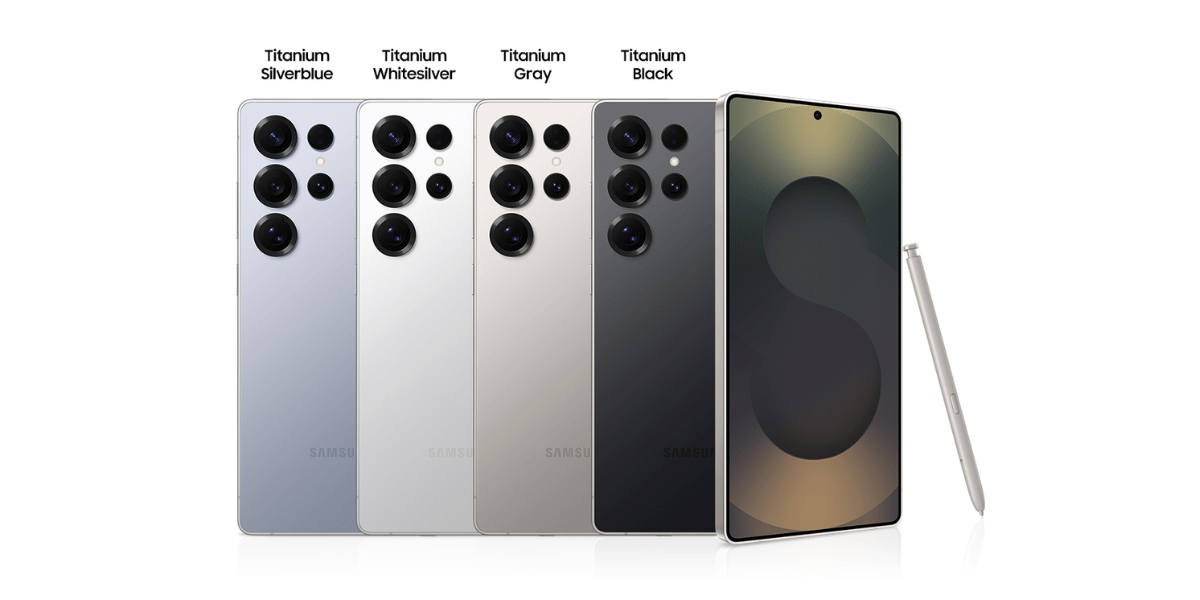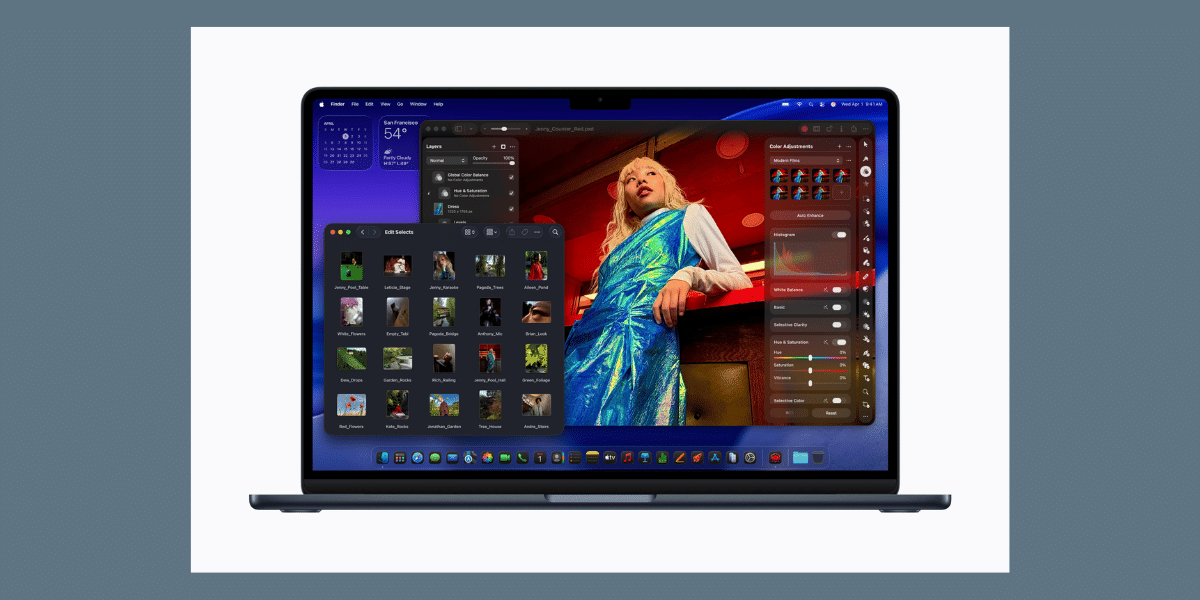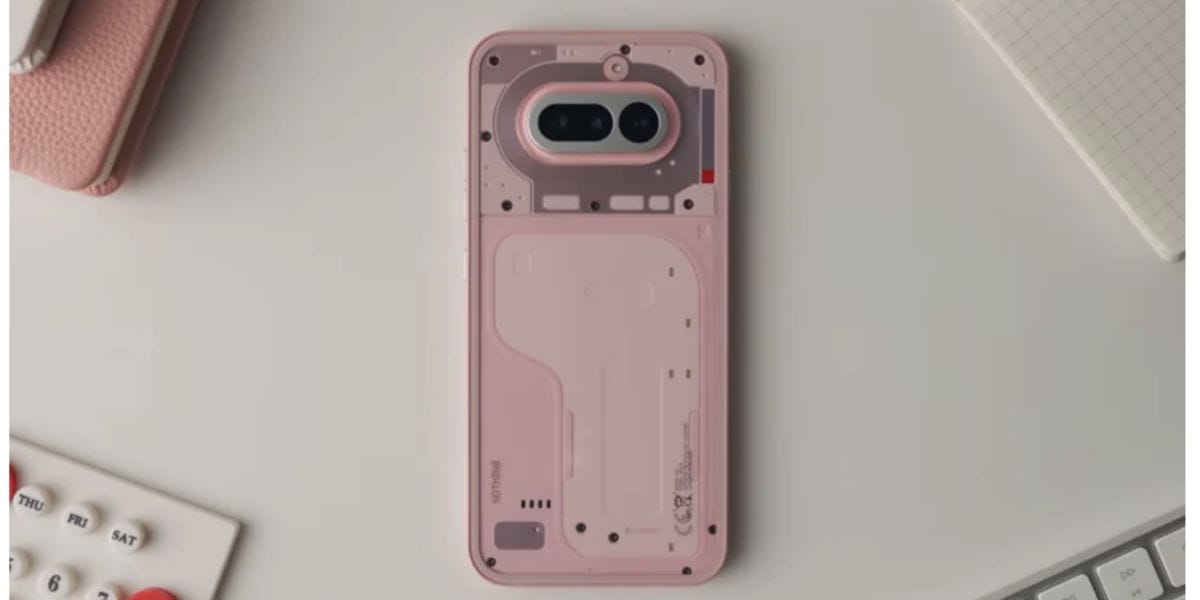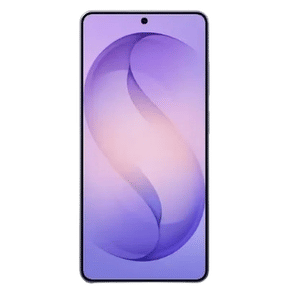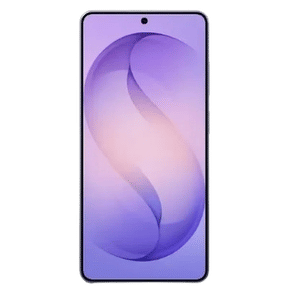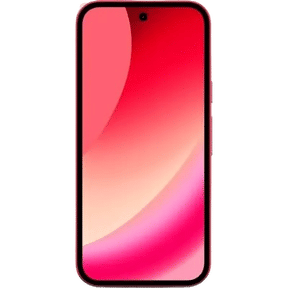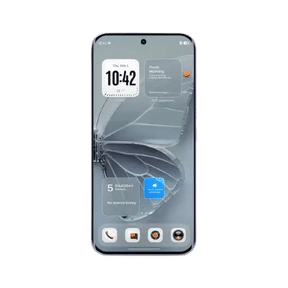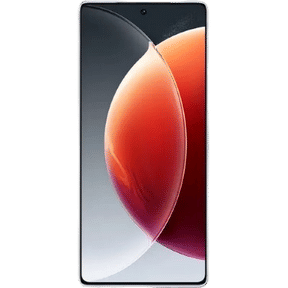Since its invention, virtual reality has come a long way. If we want to understand virtual reality evolution, we need to go back to understand its history. Even today, virtual reality is continuously evolving by pushing the boundaries of our understanding of the world around us.
In this article, we will brief you on the virtual reality evolution from gaming to real-world applications. Besides that, we will also discuss the major milestones of this tech which has made it what it is today!
Therefore, without further ado, let us dig into the virtual reality evolution and how tech enthusiasts have paved the path for this technology as we know it today. However, before we learn about the history of virtual reality, let us first understand what virtual reality is.
Also read: Best VR Headsets To Buy In India
What is virtual reality?

Virtual Reality is a computer-generated simulated 3D environment. It lets users explore and interact with objects and scenes in virtual surroundings that come close to reality. In this environment, users can explore in 360 degrees, and for that, they need to wear VR headsets or helmets. In short, virtual reality let users immerse themselves in video games as if they are one of the characters.
Also read: Deep Dive Into Metaverse Technology And How Does It Work
The History Of Virtual Reality
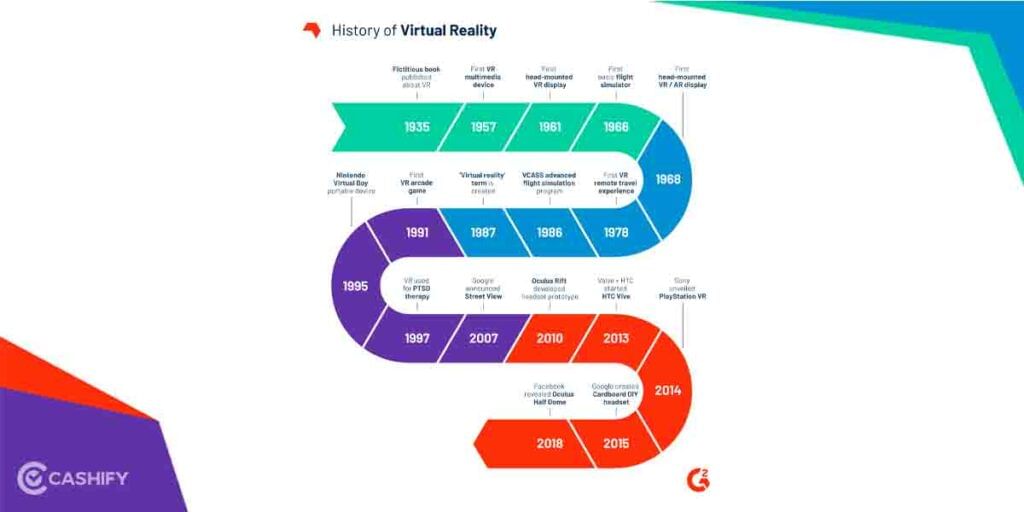
During the last 50-60 years, virtual reality has come a long way. However, it is still an emerging technology. Let us brief you on the incredible evolution of virtual reality.
VR In The 50s And 60s
1857 – VR was first invented by Morton Heilig in 1857. He invented the multimedia device Sensorama which is one of the earliest virtual reality systems. Sensorama was a theatre cabinet device that provided users with a simulated interactive experience.
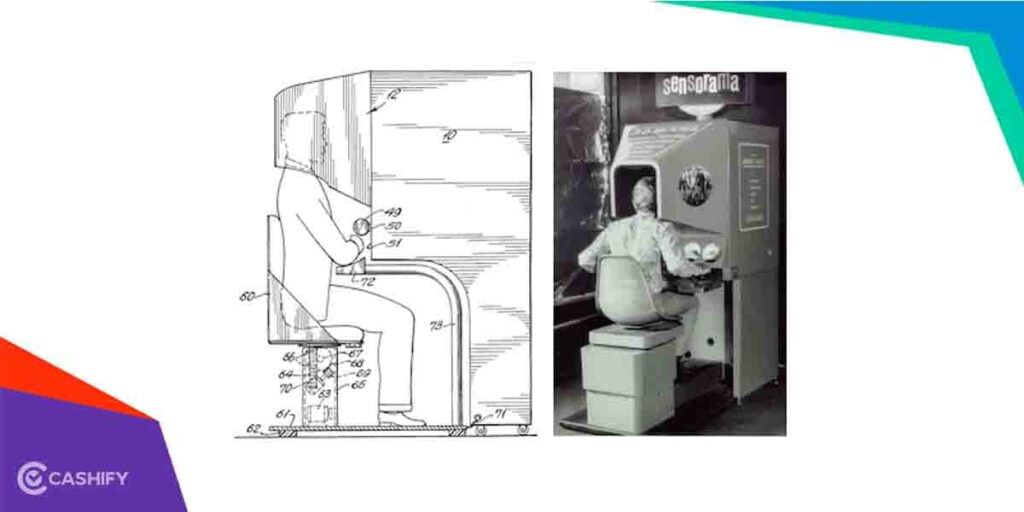
1961 – In 1961, Comeau and Bryan created the first motion-tracking HMD device – Headsight. Both of them were Philico Corporation engineers. This HMD display offers two video screens and a magnetic tracking device. One can move the remote camera using this device. So, users can experience the surrounding environment without physically being present there.

1966 – In 1966, Thomas Furness invented the first flight simulator. This military engineer’s invention has sparked much interest in virtual reality technology and how this technology could be used for air force training.
1968 – Ivan Sutherland invented the first AR/VR head-mounted display – The Sword Of Damocles.
VR In The 70s And 80s
During this decade, VR research was advanced, and due to it, various cutting-edge development in virtual reality hardware was made in it.
1978 – In 1978, an MIT professor created the Aspen Movie Map. This invention let the users take a surrogate travel experience of Aspen, Colorado.
1982 – In 1982, the movie Tron was released, which introduced the concept of VR to the masses. This movie’s characters were completely immersed in a VR environment which has simulated a video game.
1986 – In 1986, Furness developed VCASS – Visually Coupled Airborne Systems Simulator. The system has led to the invention of Super Cockpit, which offers pilots virtual 3D maps and advanced infrared and radar images. Besides that, a pilot could see and hear in real time. Therefore, they could make better and faster decisions.
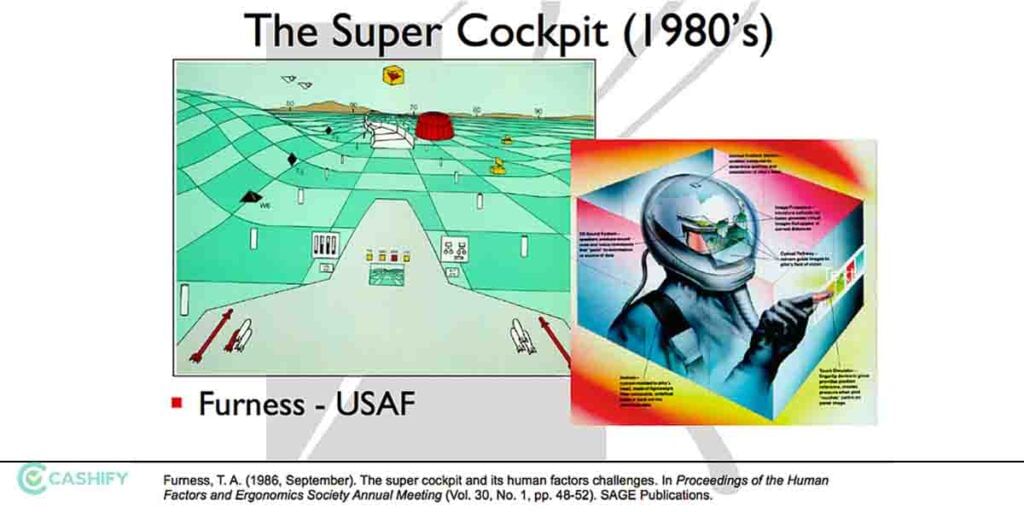
1987 – Jaron Lanier started VPL Research, Inc. It was the first-ever company that created VR goggles and gloves and other VR equipment like the DataGlove, Audio Sphere, and EyePhone HMD.
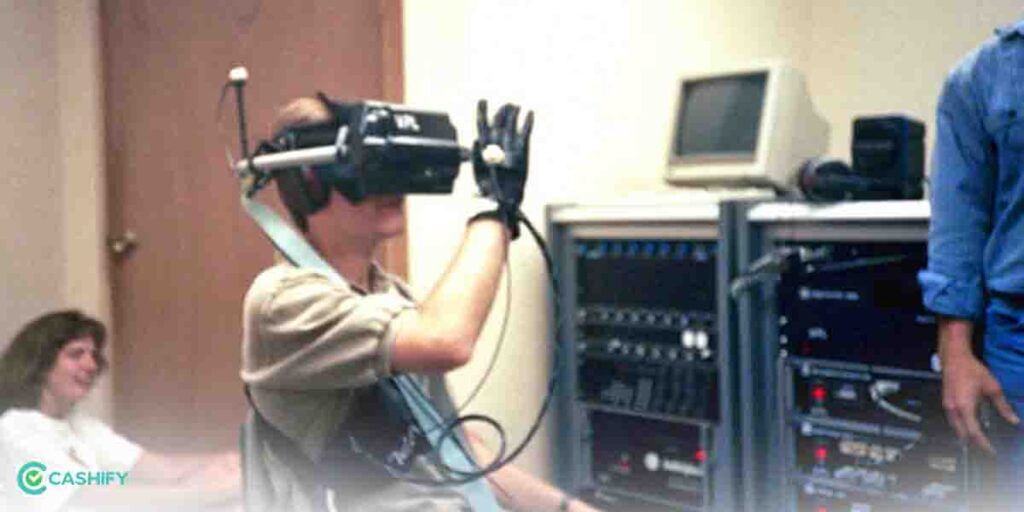
Also read: 5 Best Oculus Quest 2 Games To Experience New Worlds!
VR In The 90s And 00s
This decade has had various flops, but it has introduced VR technology to the general public.
1991 – In 1991, The Virtual Reality Group released various VR games and arcade machines – Virtuality. Gamers would wear the virtual reality google and play in the 3D gaming world. This VR entertainment system was the first ever mass-produced system. Besides that, a few devices were coupled together to offer a multi-player virtual reality experience.
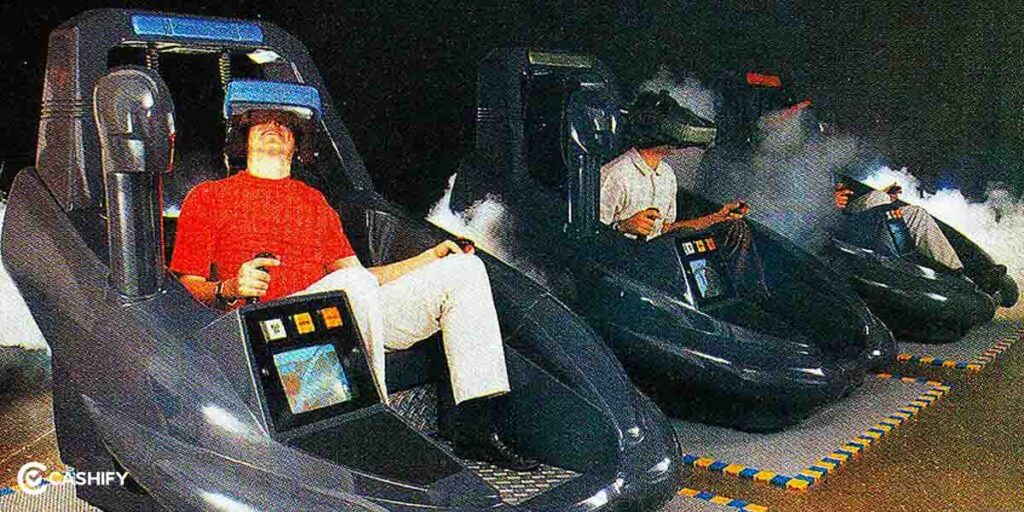
1991 – The company named SEGA has tried to offer the same gaming experience to homes with the help of its console – SEGA VR-1 – a motion simulator arcade machine.
1995 – In 1995, the first portable VR console, named Nintendo Virtual Boy, was launched. It could display three-dimensional graphics. It was a commercial failure due to its expensive price range and lack of comfortability, software support, and colour graphics usage.
2007 – Google released Street View, which provides panoramic location views.
Also read: Top 5 Augmented Reality Apps For Android And iOS!
VR In The 2010s To 2020s
During the last decade, VR technology is evolved a lot with lots of major improvements. Giant players like Apple, Google, Amazon, Microsoft, Sony, Samsung, etc., have built AR/VR divisions.
2010 – In 2010, Palmer Luckey designed the first prototype of the Oculus Rift.
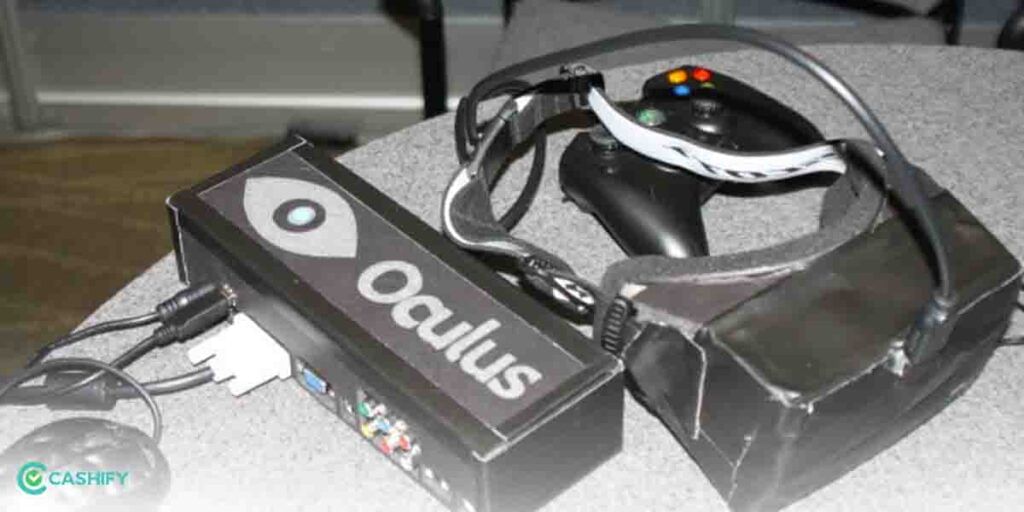
2013 – Valve Corporation invented a way to demonstrate lag-free VR content. Besides that, they shared it with Oculus and other vendors completely free.
2014 – In 2014, Sony launched the project Morpheus, which is a VR headset for its PS4 gaming console. The final consumer version of it was released in 2016, which gave gamers a chance to live the game.
2015 – Google launched Cardboard. It is a DIY stereoscopic viewer which turns the user’s smartphone into a VR device.
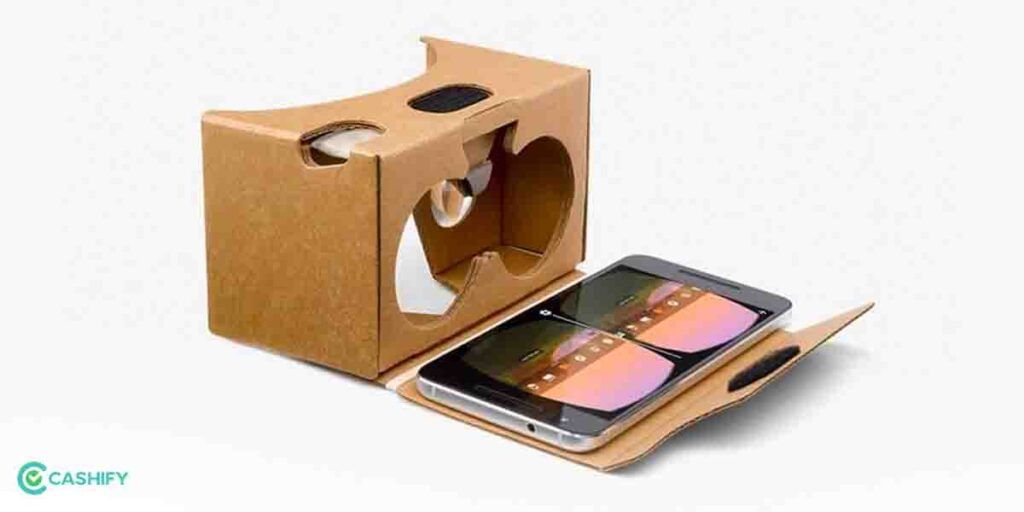
Samsung introduced its Gear VR headset, and Sony announced its PlayStation VR.
2017 – Various companies developed and launched VR products. Microsoft introduced the Xbox One X. It is a virtual reality-ready games console and headset.
2018 – In 2018, At the Facebook F8 Developer conference, Oculus introduced their brand-new headset prototype – the Half Dome. This headset is a varifocal headset that offers a 140-degree field of vision.
2020 – The Oculus Quest headset was introduced at 2At Facebook Connect 7 event.
Also read: Here’s How To Use AR Stickers On The Google Pixel 2
VR Today
2021 – In 2021, Pico launched Pico Neo 3 headset. This headset is a competitor to the Oculus Quest 2 headset.
2023 – It is expected that by the end of this year, cloud-based VR gaming will become prominent and highly supported by the 5G networks.
The Future Of VR
It is clear that virtual reality is here to stay by offering new applications by giant tech companies. VR hardware and software are both continuously advancing. These days, virtual reality is mainly seen as the gaming experience. However, in the future, we can expect complete VR adoption.
Here are the expected VR predictions.
- It is expected that by the end of 2030, the virtual reality market will of $28bn.
- Cutting-edge virtual social interactions will be in practice through handhelds.
- Virtual reality headsets will slim down and look like sunglasses.
Also read: Apple Glasses: Apple To Combine AR And VR Tech For Smart Glasses
Ending Note
In summary, today’s virtual reality gaming gears and real-world applications owe a debt of gratitude to the revolutionary discoverers of the past seven decades. They have actually paved the way for affordable, first-rate devices which are quite easily accessible. Hopefully, this article has helped you understand virtual reality evolution. Its inception and how our grandparents were using virtual reality before even we were born. If you have any queries regarding this, feel free to write to us in the comment section below.
Also read: Everything You Need To Know About Roblox Metaverse
Cashify lets you sell your old mobile phone and recycle old mobile phones hassle-freely. To know about the best deals, check their website.





